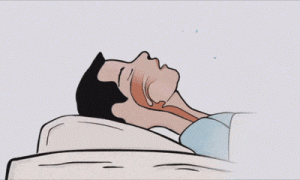
As the saying goes, “People tend to feel sleepy in spring, doze in summer and feel tired in autumn.” Many people are troubled by “summer naps” and often yawn.
Taking a proper nap can supplement the lack of sleep at night and has certain benefits for the body. However, frequent sleepiness and naps during the day may be an alert from the body.
Recently, a study published in the Journal of the American Heart Association reminded that too long and too frequent daytime naps are associated with an increased risk of heart failure.
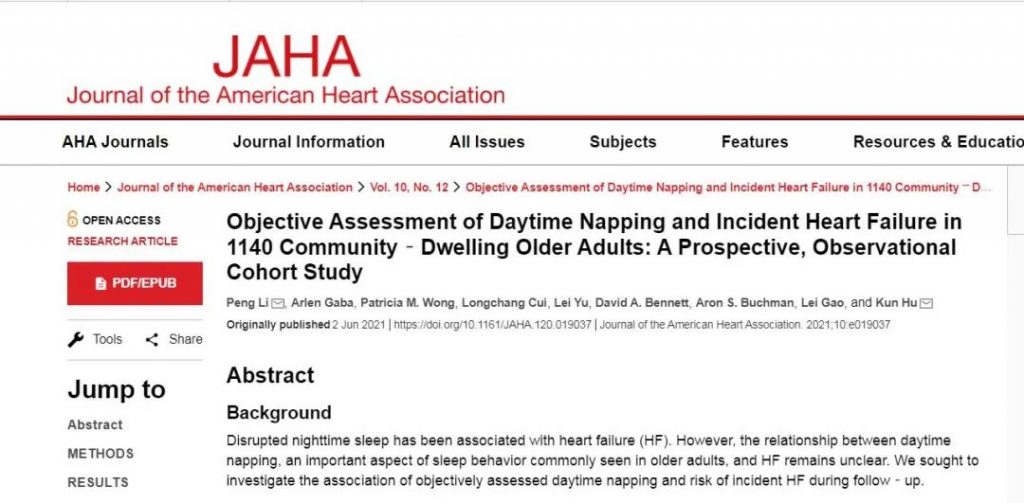
People who are apt to doze in the daytime have high risk of of heart failure.
The study published in the Journal of the American Heart Association found that too long or too much daytime naps are also associated with an increased risk of heart failure to be. Researchers believe that excessive daytime naps may be a pre clinical manifestation of heart failure.
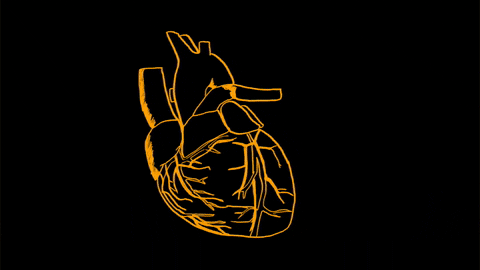
The researchers analyzed a total of 1,140 elderly people in 14 years, of which 76.1% were women between the ages of 73 and 87, and each elderly person had no symptoms of cardiovascular disease such as heart failure before the test.
The researchers recorded the number and time of the elderly’s daily naps from 9 a.m. to 7 p.m. on a 10-day cycle, using sleep monitoring methods, and used the Cox scale model to ascertain the length and number of naps and the relationship between heart failure relationship.
It was found that 86 elderly people developed heart failure symptoms in an average of 5.7 years; the daily nap time of more than 44.4 minutes and more than 2 naps would greatly increase the risk of heart failure for the elderly. The above research results have been confirmed not to be affected by any variables, such as night sleep quality, cardiovascular disease, etc.
Researchers said that because the time and frequency of morning and noon naps directly affect the occurrence of heart failure in the elderly, future research needs to pay more attention to finding ways to improve the quality of night sleep, so as to help the elderly reduce the risk of heart failure due to daytime naps.
People who are always sleepy during the day should be alert to five diseases
If you are frequently sleepy or fall asleep during the talk, you should be alert to the following health problems.
Sleep apnea syndrome
It is more common in middle-aged and elderly men who are obese and have bad habits such as alcohol abuse. Sleep snoring is the most typical symptom. It usually manifests as loud but irregular snoring, intermittent, high and low sound, and short-term suffocation due to unsmooth breathing.
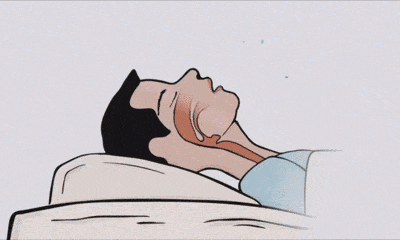
Even if the patient sleeps for a long time at night, he does not get enough rest. During the day, symptoms such as lack of energy, fatigue, and sleepiness will appear.
Hypothyroidism
Patients with hypothyroidism have decreased thyroid hormones. In addition to easy nap, they may also have laziness, unwillingness to move, limb swelling, memory loss, and unresponsiveness.
Cerebrovascular disease
The cerebrovascular sclerosis of middle-aged and elderly people is relatively serious, and they are prone to insufficiency of blood supply to the brain, and even formation of thrombosis, causing cerebral infarction, aggravating cerebral hypoxia and ischemia, affecting the normal function of the brain, and appearing to nap. Such patients may also have symptoms such as dizziness, headache, numbness and weakness of the limbs, and special attention should be paid to them.
According to clinical observations, more than 70% of stroke patients will have frequent naps within 5 to 10 days before the onset of stroke, which is a distress signal sent by severe hypoxia in the brain. After the blood vessels are hardened, the elasticity of the blood vessel walls is reduced, and the blood vessel cavity becomes relatively narrow, and the blood flow to the brain will gradually decrease. If things go on like this, the brain tissue will be in a state of hypoxia, which will eventually lead to stroke.
Therefore, in the hot summer, the middle-aged and elderly people may have frequent naps with dizziness, fatigue, and numbness, especially those with a history of stroke and high alertness, and go to the hospital as soon as possible. See a doctor and check up, and actively control the underlying disease under the guidance of a doctor to avoid stroke.
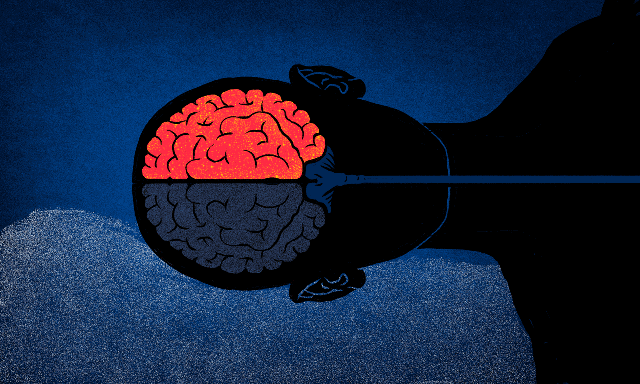
Heart problems
Under normal circumstances, nearly one-fifth of the blood pumped by the heart is used by the brain tissue. Therefore, the systolic function of the heart has a great influence on the brain metabolism. When middle-aged and elderly people suffer from heart disease, the blood pumped out by the heart decreases, and the brain is prone to ischemia and hypoxia, causing symptoms such as lack of energy and drowsiness.
Chronic diseases are not well controlled
Chronic nephritis, diabetes and other chronic diseases will reduce the metabolic rate, resulting in the inability to smoothly excrete harmful metabolites from the body, thereby affecting the autonomic nerve regulation function, and symptoms such as fatigue, drowsiness, and sleeplessness will occur.
If the old person is sleepy and naps while chatting, the naps are particularly frequent every day, every time more than 10 minutes, it is best to observe whether it is accompanied by dizziness, headache, dry mouth, thirst, numb limbs, inconvenience, etc. If the symptoms are obvious, it must be timely Seek medical attention.
Your sleep is quietly “getting old”
As people get older, they are prone to various problems with sleep. This is because the aging of the body will change the quality and quantity of sleep, affecting sleep efficiency and timing.
Poor health and regular medication can also bring negative effects on sleep, making it more difficult for the elderly to achieve the same sleep as when they were young, and the degree of getting rid of fatigue through sleep is not as good as that of young people.
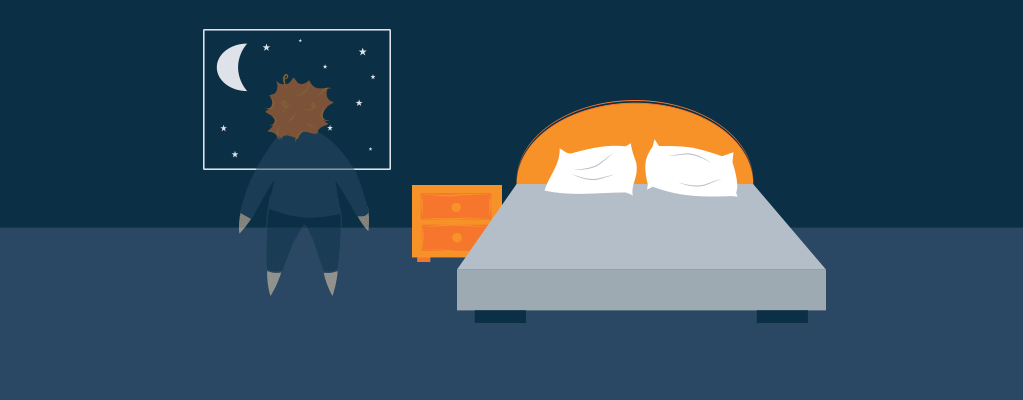
Sleep “getting old” is mainly reflected in 3 aspects:
Decreased duration and quality of deep sleep
The decline of deep non-rapid eye movement sleep occurs around the age of 30. In his 40s, the quality and quantity of brain waves in non-rapid eye movement sleep decreased significantly. As a result, the duration of deep sleep was reduced. Generally speaking, in the 40s, aging may deprive humans of 60% to 70% of deep sleep; by the age of 70, the loss of deep sleep is as high as 80% to 90%.
Sleep becomes fragmented, and the number of night awakenings increases
Illness and drug effects are one of the reasons, but the primary reason is that the bladder becomes weak, which makes the elderly need to get up to go to the toilet at night. Reducing water intake at night will help, but it will not solve the problem.
Changes in sleep rhythm
Dozing off during the day and waking up early in the morning… This is because as we get older, the release time and peak time of melatonin are getting earlier and earlier.
This “circadian rhythm” may seem harmless, but it may cause many problems. For example, taking a nap early at night will let the precious “sleep pressure” vent. A few hours later, when the old man is lying in bed trying to sleep, he may not have enough “sleep pressure” to help fall asleep or stay asleep.
5 suggestions to help you get back quality sleep
For many people, getting a good night’s sleep has become a “luxury” lifestyle… Lack of sleep can affect the brain, heart, mood, and immune system of a person, and it can penetrate every corner of the body.
To improve the quality of sleep, you can adjust it through the following methods:
Pay attention to details before going to bed
Don’t do these things before going to bed
Avoid eating excitatory substances, such as coffee, tea, wine, etc., 4 to 6 hours before going to bed, and do not eat and drink.
Do not do mental work that can easily cause excitement 1 hour before going to bed.
Create a sleeping-assisting bedroom environment
The temperature in the bedroom is suitable, controlled at 15℃~24℃.
Turn off all sockets before going to bed to avoid this small “light pollution”.
It’s best not to put a “tick-to-tick” mechanical clock in the bedroom, which will make it more difficult for you to fall asleep.
Use appropriate bedding
The thickness of the quilt is moderate and too thin. It takes a long time to heat up with body temperature, consumes body heat, delays the time to fall asleep, or sleeps deeply. Too thick quilt will increase the chance of nightmares.
The firmness of the mattress is moderate. When lying down, put your hands into the neck, back, waist and buttocks to under the thighs. If there is basically no gap and the curve fits, the mattress is more suitable.
The height of the pillow is preferably 10~15 cm, and the right side lying position is appropriate for normal people to sleep.
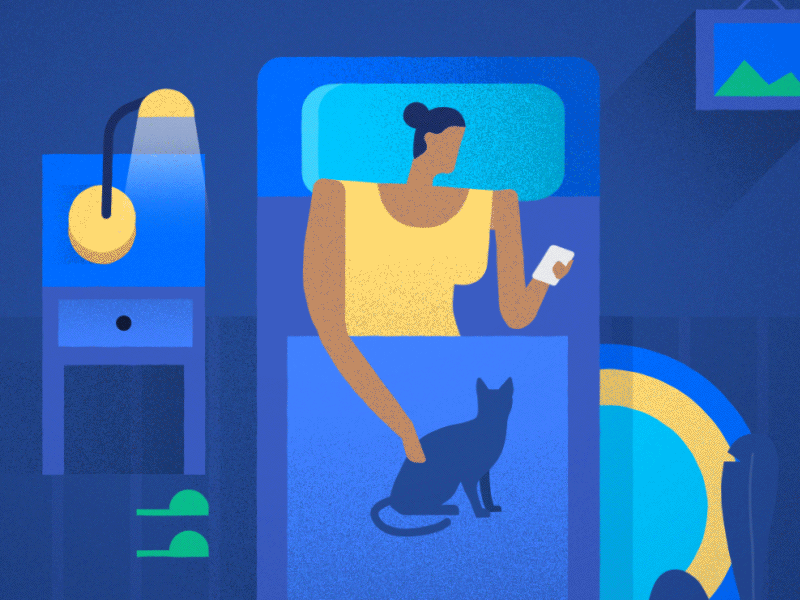
Relaxation therapy
Emotions such as tension and anxiety are common causes of insomnia. Relaxation therapy can alleviate the adverse effects of the above factors. Recommend everyone to try the “4 7 seconds” breathing method.
Inhale for the first 7 seconds, and feel your body at the same time, from toes to knees, to hips, abdomen, shoulders, arms, and head, imagine that every part is full of vitality.
Hold your breath for the second 7 seconds and imagine your body gradually becoming quieter and relaxed.
Exhale for the third 7 seconds, imagining that the body is slowly releasing all negative emotions.
Hold your breath for the fourth 7 seconds, and then repeat it for a total of 7 times.
Sleep restriction therapy
By shortening the waking time in bed, increase the driving force to fall asleep to improve sleep efficiency (sleep efficiency = total sleep time / time in bed × 100%).
It is recommended to avoid too long bedtime during the day, and to maintain a regular wake-up time.
Stimulation Control Therapy
Go to bed if you are sleepy. If you cannot fall asleep for 20 minutes, you should leave the bedroom, do some simple activities, wait until sleepy, do not do anything unrelated to sleep in bed, no matter how short the sleep time the night before, keep getting up regularly time.
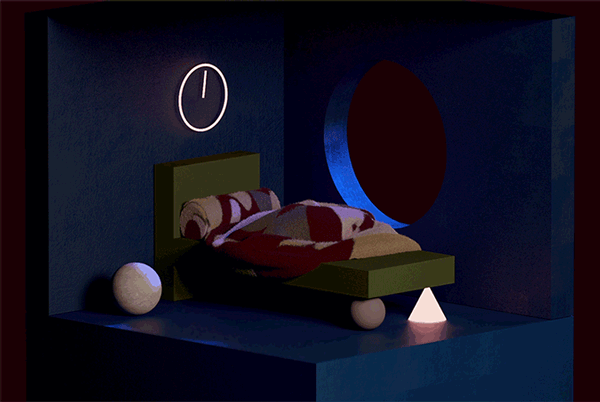
Diet conditioning
Diet is an important factor that affects sleep. Foods that are good for sleep include salmon, grains, green vegetables, milk, etc.; stay away from “sleep killer foods”, such as excessively spicy foods, smoked, fried, and pickled foods.
Advice for the elderly for good sleep
The elderly often doze off during the day and wake up early in the morning. In this case, you can consider adjusting the sleep rhythm by adjusting the time when the eyes are exposed to sunlight. For example, go out in the sun in the afternoon and take sun protection measures. Adequate afternoon sun can delay the release of melatonin and push back the bedtime; wearing sunglasses when doing outdoor exercises in the morning will reduce the morning light on the optic chiasm. The impact of the nuclear clock avoids maintaining an early morning schedule all the time.
Comments